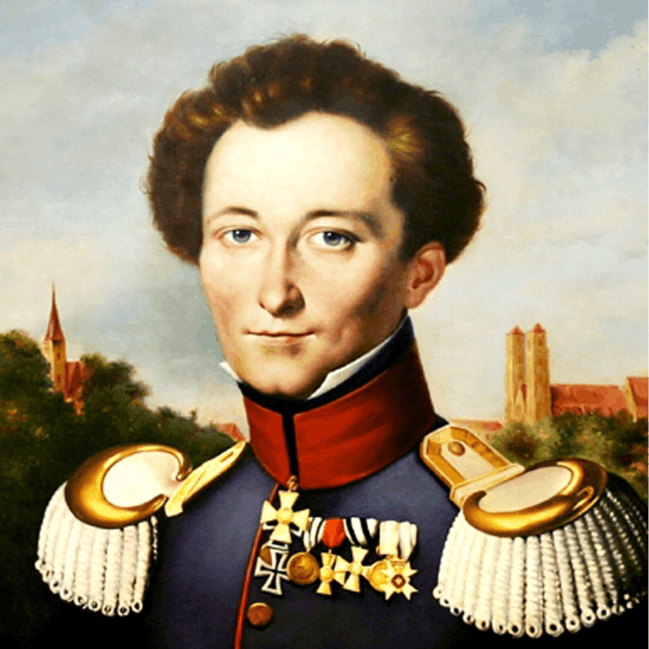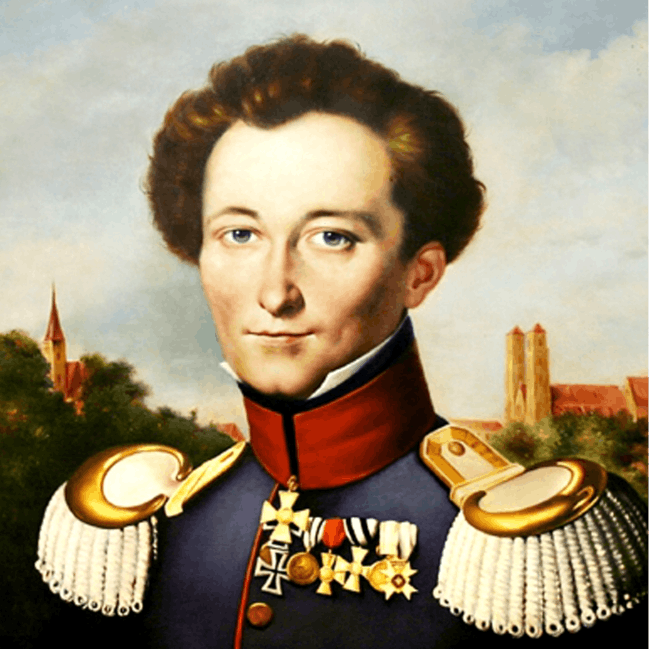
2023-11-20 15:45:1 Author: hackernoon.com(查看原文) 阅读量:1 收藏
Too Long; Didn't Read
We never find that a State joining in the cause of another State, takes it up with the same earnestness as its own. An auxiliary army of moderate strength is sent; if it is not successful, then the ally looks upon the affair as in a manner ended, and tries to get out of it on the cheapest terms possible. In European politics it has been usual for States to pledge themselves to mutual assistance by an alliance offensive and defensive, not so far that the one takes part in the interests and quarrels of the other, but only so far as to promise one another beforehand the assistance of a fixed, generally very moderate, contingent of troops, without regard to the object of the war, or the scale on which it is about to be carried on by the principals. In a treaty of alliance of this kind, the ally does not look upon himself as engaged with the enemy in a war properly speaking, which should necessarily begin with a declaration of war, and end with a treaty of peace. Still, this idea also is nowhere fixed with any distinctness, and usage varies one way and another.


@carlvonclausewitz
Carl Von Clausewitz
Carl Philipp Gottfried von Clausewitz was a general and military theorist who stressed the "moral", in modern terms.
Receive Stories from @carlvonclausewitz

RELATED STORIES





L O A D I N G
. . . comments & more!
如有侵权请联系:admin#unsafe.sh
